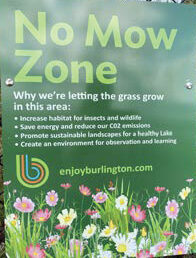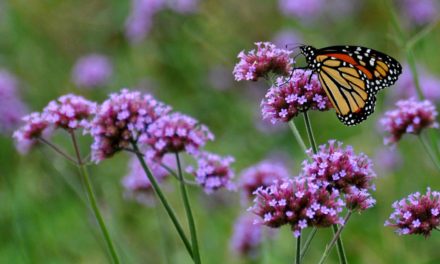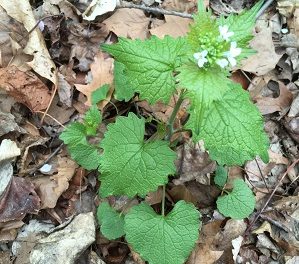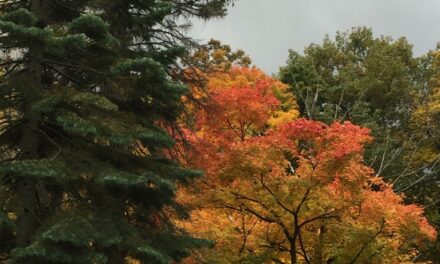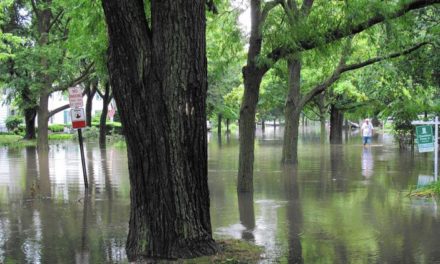“Lawns may look green, but ecologically they are the equivalent of a wasteland” according to unlawn.org. Most lawns are a monoculture (one species) and require a lot of resources to maintain. Grass must be watered and fed with fertilizer. Weeds are kept in check with herbicides, which can harm human health, wildlife, and our watershed. Fossil fuels power most lawn mowers, which contribute to climate change and air pollution with their emissions.
There is a better way! Consider reducing the amount of lawn at your home, or work with your school district or park district to replace lawns with natives and pollinator gardens. Even a small area will make a difference in supporting pollinators. Check out this information about a project to reduce lawns in Burlington, Vermont. Let’s do this in Illinois.

